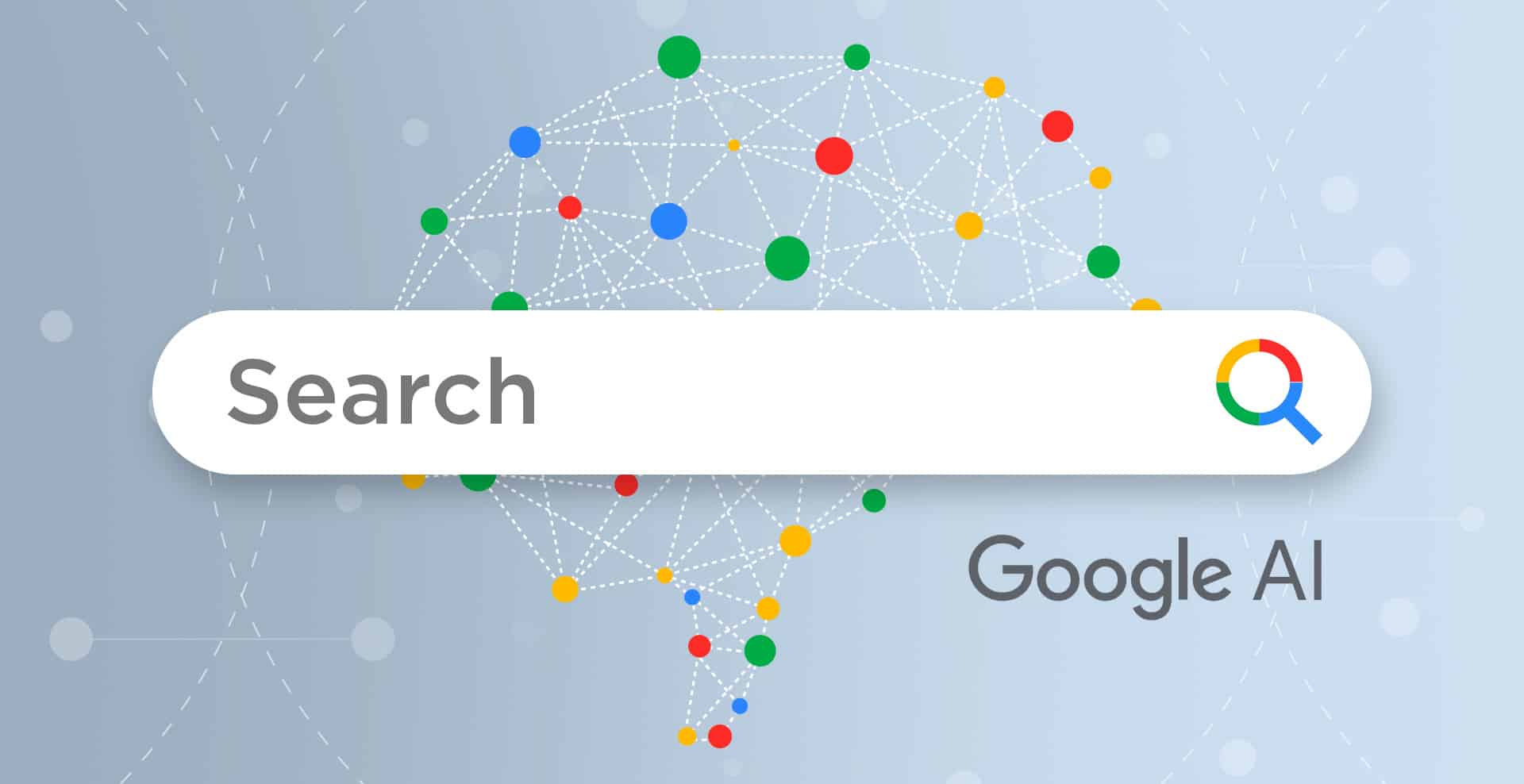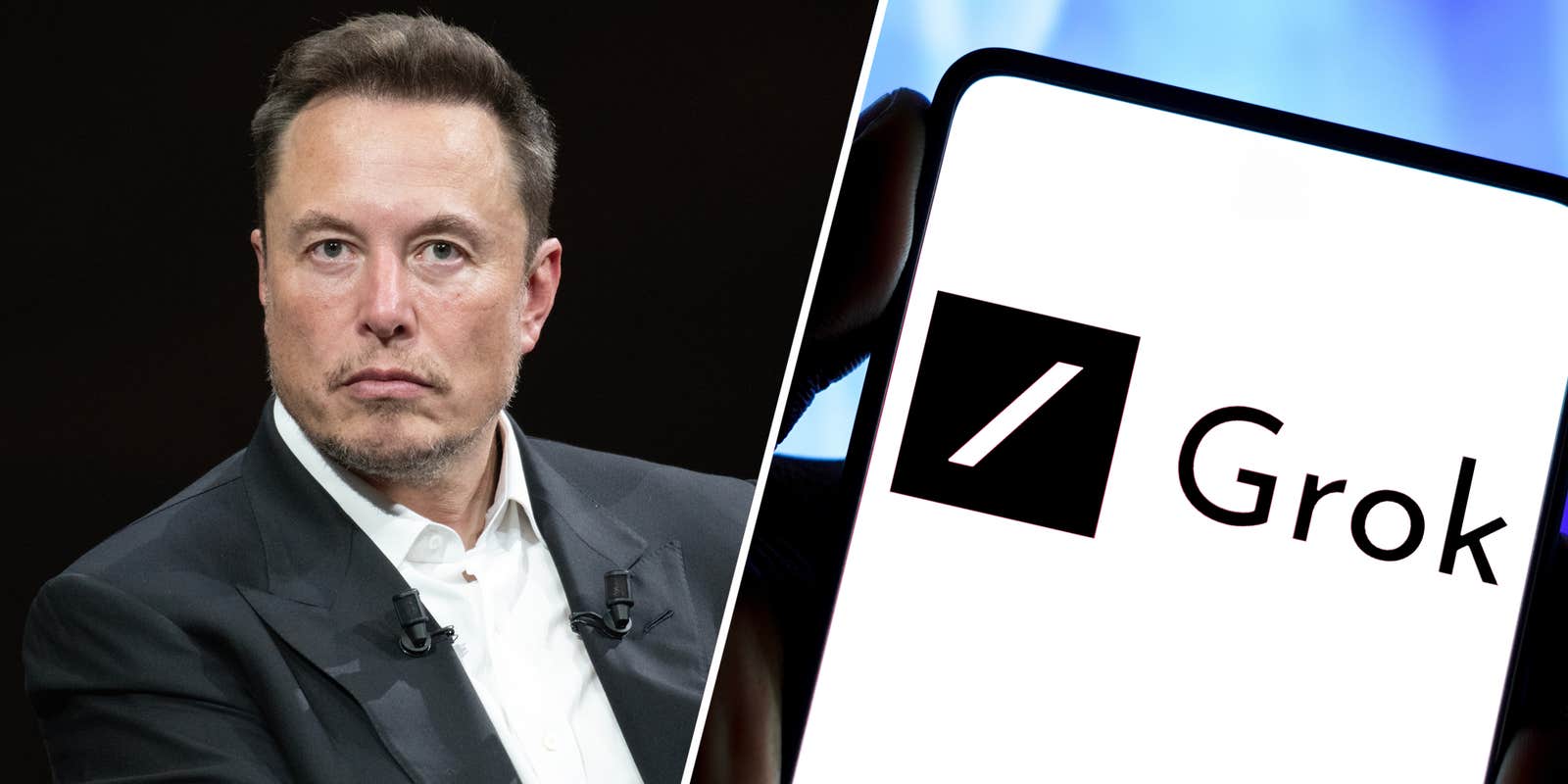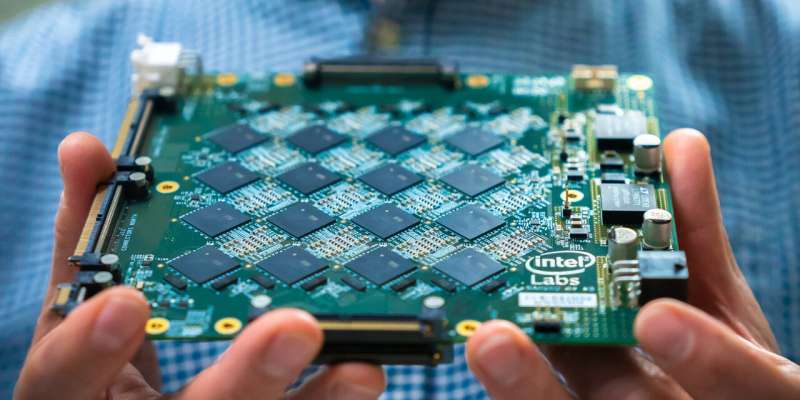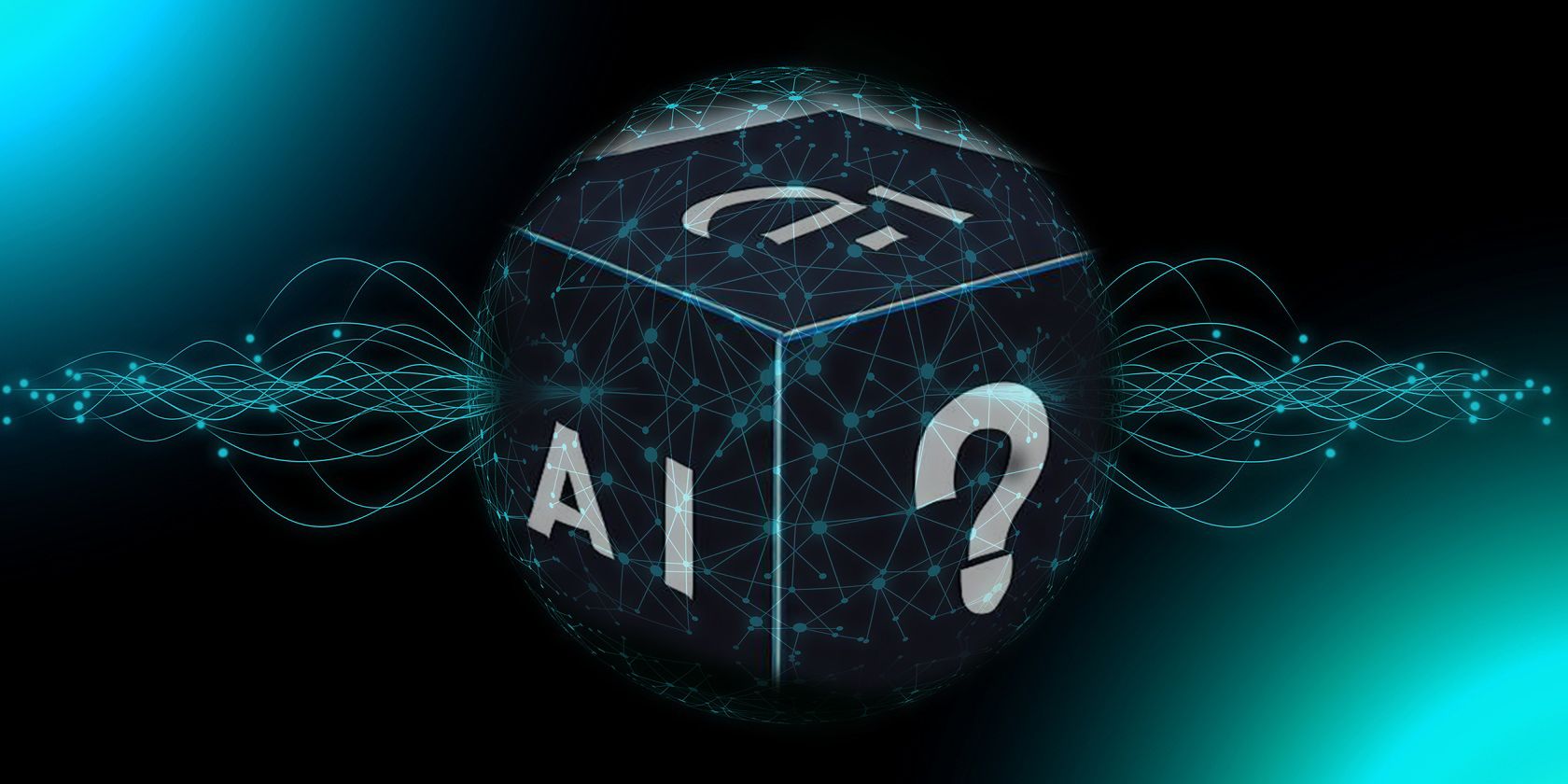Daily Stream
Murky Waters of Reverse Searches and Privacy Rights
The growing reliance of U.S. police departments on “reverse” searches presents a significant challenge to the balance between effective law enforcement and the safeguarding of individual privacy rights. These searches, which demand vast amounts of user data from tech companies to identify criminal suspects, have stirred a contentious debate over their constitutionality and ethical implications.
What Drives AI Integration into Healthcare?
The healthcare sector, known for its patchwork digital transformation and reliance on outdated technologies, stands on the cusp of a major overhaul thanks to AI. From administrative cost-cutting to predictive diagnostics and patient care improvements, AI seems poised to address long-standing inefficiencies and usher in a new era of healthcare.
The Role of AI in Drug Discovery
The remarkable success of Google DeepMind’s AlphaFold in predicting protein structures has been a game-changer, symbolizing a broader shift towards leveraging AI’s immense computational power to unlock mysteries within vast sets of biological data. This transformation extends to generating novel drug development hypotheses, refining targets for therapeutic intervention, and accelerating the discovery of biomarkers for elusive diseases such as long COVID and Alzheimer’s. Yet, as we stand on the brink of what could be a revolution in drug discovery, it’s crucial to temper our expectations wit...
OpenAI's ChatGPT Goes Account-Free Finally
OpenAI has thrown open the doors of ChatGPT to users without the need for an account, aiming to democratize access to this cutting-edge conversational AI. This strategic pivot seeks to widen the platform’s appeal and accessibility, potentially inviting a new wave of users who value anonymity or those who have previously sidestepped the platform due to the barrier of registration. However, as with any significant shift, this new “ultra-free” access model introduces its own set of limitations and unanswered questions, particularly around the more restrictive content policies for users who cho...
Can AI Transform Healthcare Without Compromising Privacy?
The Chan Zuckerberg Initiative’s ambitious goal to leverage artificial intelligence (AI) to conquer all diseases is both exhilarating and daunting. As the frontiers of AI in healthcare expand—from enhancing diagnostics and patient care to accelerating drug development—the potential for transformative change in global health systems is undeniable. Yet, this bright future is shadowed by substantial ethical considerations that demand careful navigation.
Skyflow's AI Shift: A New Chapter in Data Privacy
Skyflow is leading the charge in redefining the role of data privacy. The recent announcement of Skyflow’s $30 million Series B extension, led by Khosla Ventures, not only underscores the company’s growth trajectory but also highlights the increasing intersection of AI technologies and data privacy services.
AI21 Labs' Jamba Can Handle Unprecedented Long Contexts
AI21 Labs has unveiled a significant development: Jamba, a generative AI model that surpasses current standards in context handling capabilities. This model is not just another addition to the burgeoning collection of AI technologies; it represents a notable leap in computational efficiency and throughput for processing extensive texts.
Google.org's $20M Leap into Generative AI for Social Good
Google.org, the philanthropic arm of Google, has unveiled a $20 million accelerator program dedicated to nurturing generative AI projects by nonprofits. Dubbed the Google.org Accelerator: Generative AI, this initiative is set to empower 21 nonprofits, including names like Quill.org and World Bank, with AI-driven tools designed to revolutionize fields from education to global development research.
Musk's AI Dives into Controversy and Innovation
Elon Musk’s AI startup, xAI, has unveiled Grok, a chatbot that promises to shake up the digital conversational landscape. Unlike its predecessors, Grok brings a mix of wit and rebellion to the table, diving headlong into topics often deemed off-limits for its kind. With its ability to draw from X’s exclusive real-time data, Grok stands out from the crowd, but not without raising a few eyebrows and plenty of questions about its role and impact.
AI in Healthcare: Challenges for a Healthier Tomorrow
The healthcare industry stands on the brink of a transformative shift, driven by the potential of artificial intelligence (AI). This isn’t just about introducing new gadgets into our hospitals and clinics; it’s about a fundamental change in how we diagnose diseases, support patients, discover drugs, and manage the ever-growing burden of healthcare administration. Analysts in Europe and America have crunched the numbers, forecasting that AI could save hundreds of thousands of lives annually and potentially trim billions from healthcare spending. The excitement is palpable, and rightfully so,...
Century Health Secured $2 Million Pre-Seed Funding
Century Health emerges as a beacon of innovation with its recent $2 million pre-seed funding. This startup is not merely another entrant in the tech space but a visionary company poised to leverage artificial intelligence in revolutionizing how we approach drug development and patient care, particularly for complex diseases like Alzheimer’s.
Amazon's $4 billion Bet on Anthropic
Amazon has placed a significant bet on Anthropic, a leading AI company known for its cutting-edge models. By completing a planned investment of $4 billion, Amazon signals not just confidence in Anthropic’s potential but also a clear strategic maneuver in the broader AI landscape.
Media Companies: Embracing AI as a Complementary Force
The rapid evolution of AI tools promises to streamline operations, offering a beacon of efficiency and cost-saving measures for media companies under economic duress. Yet, as the landscape transforms, the intrinsic value of human insight and creativity remains a cornerstone, highlighting a complex relationship between machine intelligence and journalistic integrity.
How Sustainable Is Big Tech's Talent Strategy?
In the high-stakes world of artificial intelligence, a fascinating development unfolds as tech giants like Microsoft, Google, and Nvidia fiercely compete for the brightest minds in AI. This race is not just about securing a workforce; it’s about defining the future of technology and, by extension, our world. Microsoft’s recent strategic maneuver, hiring key talents from AI startup Inflection without acquiring the company, epitomizes this trend and raises significant questions about the sustainability and implications of such practices.
A Critical Look at the Market's Euphoria Over AI
The stock market’s recent record highs, fueled by optimism around AI, warrant a closer examination. The Federal Reserve’s signal of impending interest rate cuts has only added to this enthusiasm, underscoring the market’s confidence in the tech giants leading this charge. Their vast cash reserves and the seemingly boundless potential to monetize AI paint a picture of a future rich with innovation and prosperity. Reports, like the one from ARK Invest predicting a staggering $40tn boost to the global GDP from AI by 2030, feed into this narrative, likening AI’s potential impact to that of elec...
European Companies Thrive Amid Economic Headwinds
In the face of a sluggish regional economy, characterized by high inflation and tighter borrowing conditions, Europe’s fastest-growing companies are not just surviving; they’re thriving. Acccording to the latest FT-Statista ranking, businesses across the continent are demonstrating significant resilience and innovation, despite the myriad challenges presented by the COVID-19 pandemic, geopolitical tensions, and an ongoing energy crisis.
Neuromorphic Computing vs. Deep Neural Networks
Since we’ve already talked about quite a bit regarding neuromorphic computing this week, let’s recap the key differences between these two technologies. Neuromorphic computing and deep neural networks are two distinct approaches to artificial intelligence (AI) and machine learning, each with its unique characteristics and goals.
How to Evaluate AI Startups?
AI startups, often enveloped in technical jargon and ambitious claims, require a nuanced approach to evaluation. The key lies in understanding not just the business model but the specific AI technologies at play. For instance, distinguishing between startups that develop their own AI models (i.e. AI Developers) and those that apply existing algorithms to new problems (i.e. AI Operators) is crucial. This differentiation sheds light on the startup’s innovation level and its potential to contribute genuinely novel solutions to the market.
The AI's Black Box Problem
Artificial intelligence, particularly in the form of large language models (LLMs) like ChatGPT, represents one of the most fascinating advancements in technology. Yet, this breakthrough comes with an intriguing paradox: the very creators of these AI systems struggle to fully comprehend how they operate. At the heart of these systems are neural networks, mathematical constructs that have been pivotal in scientific research and daily life for decades. Despite this long history, the intricacies of how neural networks function remain a perplexing mystery.
Nvidia's Strategic Move into AI-Driven Drug Discovery
Nvidia has recently unveiled its bold stride into the realm of drug discovery, marking a significant pivot that could potentially reshape the pharmaceutical industry’s landscape. Through its collaborations with major players like Amgen’s deCode and Recursion Pharmaceuticals, alongside a strategic investment in AI-driven companies, Nvidia is not just dipping its toes but diving headfirst into the burgeoning field of AI-driven drug development.




















